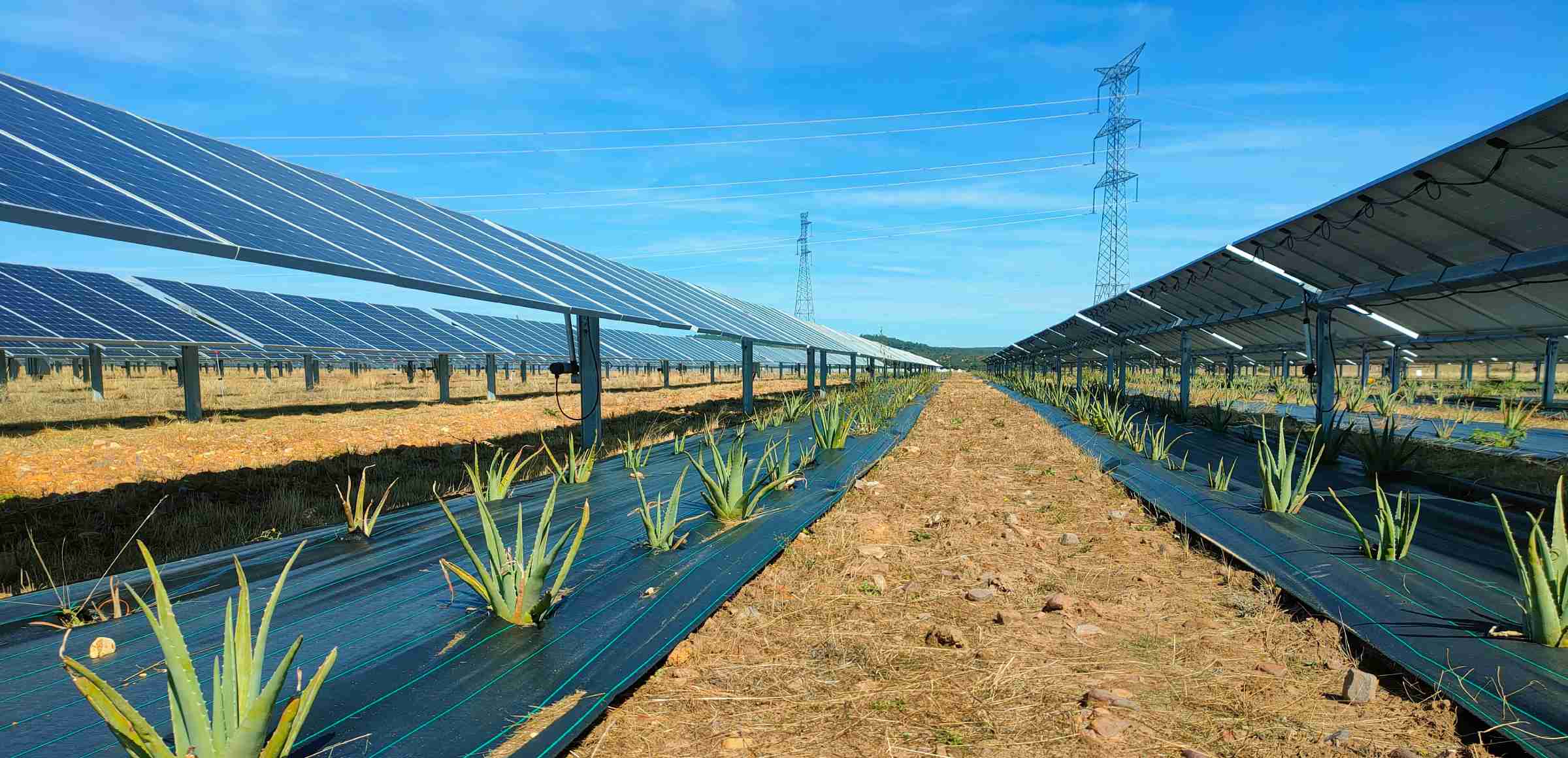
Introduction
The juncture where agriculture and renewable energy intersect presents an unprecedented opportunity for transformative change. Within the agricultural sphere, reliance on non-renewable energy sources has entrenched itself deeply, prompting a critical need for evolution. As a logger traversing these landscapes, the fusion of sustainability and agricultural innovation becomes a compelling narrative to explore.
Amidst traditional farming practices, the prevalence of Traditional Challenges rooted in the reliance on fossil fuels and unsustainable energy practices has come to the forefront. This dependence poses environmental risks and leaves the industry susceptible to disruptions. Thus, an urgent Need for Change arises, advocating a shift towards renewable energy for long-term sustainability and resilience.
Setting the Scene: The Current Landscape of Agriculture
In navigating through the complexities woven into traditional agricultural practices:
The pervasive Energy Conundrum gripping the agricultural sector unveils its heavy reliance on non-renewable sources, compromising adaptability and long-term viability. Moreover, the Environmental Footprint of conventional farming practices delineates a concerning picture of ecological degradation, signaling an imperative for reevaluation.
Embracing Renewable Energy in Agriculture
Venturing into transformative solutions, renewable energy emerges as a beacon of hope:
The utilization of Solar Power stands as a promising avenue in agriculture. Solar panels not only power critical farming operations but also offer the possibility of surplus energy generation. Similarly, the integration of Wind Energy into agricultural landscapes and the harnessing of Biomass derived from agricultural waste signify promising strides toward sustainability.
Innovative Approaches and Technologies
At the crossroads of technology and agriculture lies a landscape ripe with innovation:
- Precision Farming: Leveraging data-driven decisions to optimize energy use and enhance operational efficiency, precision farming minimizes waste and maximizes productivity.
- Smart Irrigation: A paradigm shift in water management powered by renewable energy. Automated systems, guided by real-time data, ensure optimal water usage, conserving resources while maximizing crop yield.
- Vertical Farming: Urban agriculture embraces renewable solutions for sustainable production. Utilizing vertical spaces and advanced technologies like hydroponics or aeroponics, it reduces land use and resource consumption while increasing crop output.
Benefits and Challenges
Navigating the landscape of renewable integration in agriculture reveals a tapestry of advantages and hurdles:
The Environmental Benefits of integrating renewable energy into agricultural practices are profound, offering pathways to mitigate ecological impacts, reduce carbon footprints, and enhance overall sustainability. Simultaneously, the allure of Economic Opportunities for farmers emerges as a beacon of promise. Yet, challenges persist on the horizon, ranging from initial investment barriers to technological adaptations and infrastructural changes, impeding the widespread adoption of renewable energy solutions.
Case Studies and Success Stories
Amidst the narrative of change, real-life success stories add weight to the transformative potential of renewable integration:
From Small-Scale Initiatives in rural communities showcasing local impact to Large Agricultural Projects illustrating systemic change, these stories underscore the tangible effects of sustainable practices. Instances where solar-powered irrigation systems transform arid lands into productive farms or wind-powered facilities sustaining entire agricultural operations showcase the tangible benefits and inspire further adoption.
Conclusion
As this exploration through the landscape of renewable energy in agriculture draws to a close, it becomes evident that the potential for transformative change is profound:
The clarion call for action resonates louder than ever, urging further research, development, and widespread implementation. The need of the hour is not merely acknowledgment but proactive steps toward embracing renewable energy in agriculture for a greener, more sustainable, and resilient future.
Image source www.endesa.com